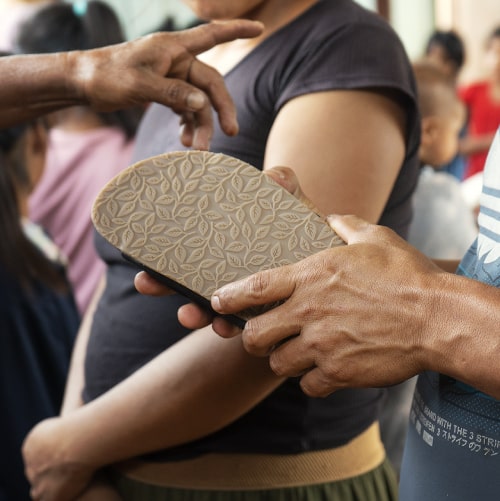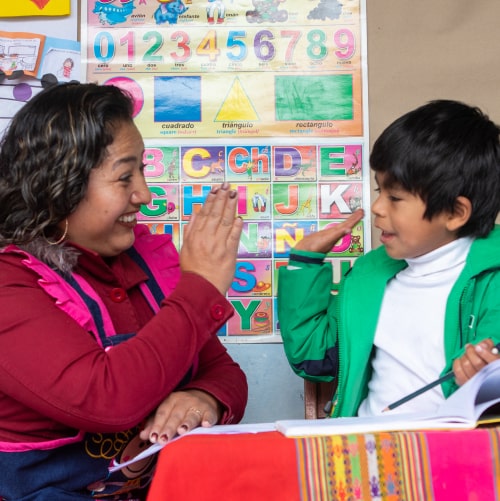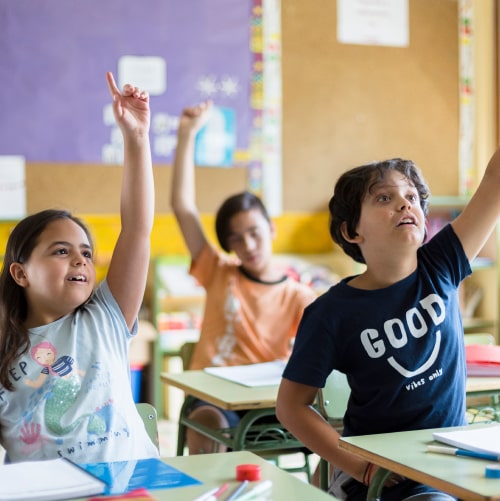According to UNICEF’s report “Global state of childhood 2021. In my mind: promoting, protecting, and caring for childhood health”, it is estimated that over 13% of adolescents in the world, between 10 and 19 years of age, suffer from mental illness. The predominant mental illnesses are anxiety and depression, but there are other problems such as attention deficit disorder, hyperactivity, behavioral disorders, bipolar disorder, eating disorders, and many more.
Unfortunately, despite these alarming statistics, there is still not enough investment in mental health. This needs to change, since mental health is just as important as physical health.
After all, in this way, we are not only helping to form healthy individuals with the capacity to think, learn, work, establish healthy relationships, and support their communities and work, but also forming the basis for healthy communities and nations with these characteristics.
The relationship between mental health and wellbeing

According to Edith Tover, educator, mental health is connected to wellbeing. There are three categories of wellbeing, which are:
- Mental wellbeing.
- Physical health.
- Life skills.
It is important that parents be committed to these categories. While it may be easier to commit to good physical health, since this corresponds to actions that we are accustomed to such as providing children with a healthy diet or caring for them when they are sick, this should not be the only category that we pay attention to.
Teachers’ support for children’s’ mental health

Caring for mental health is just as important as caring for physical health, and, according to Edith Tover, caring for it requires paying attention to the way in which our children learn, behave, relate to others, and express their emotions.
Furthermore, the educator advises parents to be open to communicating with their children’s teachers, since they may have information to share about the behavior of their children in the classroom, as well as their interactions with classmates.
Teachers can also provide parents with information about any difficulties with learning that they notice. After all, some of these problems can be solved easily, while others may require professional evaluation to address the problem and guide parents on how they should act in the face of these issues.
Parents also need to be able to talk about what is going on with respect to their children
When they detect a problem with their children, many times parents go into denial or search for someone to blame. However, this is not the solution; therefore, Edith Tovar indicates that the most important thing for parents and caretakers to do is to talk about what they are going through with respect to their children, so that they can express their pain, avoid paralysis, and take action.
Advice for caring for children’s mental health
UNICEF suggests that parents talk to their children, keeping in mind the stage of development that they are in. There are different ways to open up the dialogue; for example, asking about how their daily life is going, how they have been feeling about their activities, what they did with their friends, etc.
We should keep in mind, furthermore, that as children grown, their abilities to express their emotions increase. It is also important to remember that they observe our responses to different situations, so it is important to ask ourselves what example we are setting for them.
Remember that caring for the mental health of our children starts with learning to listen to what they are feeling and validating their emotions.
The Educational Quality program promotes safe spaces for childhood development
The Wiese Foundation’s Educational Quality program provides different resources to parents and teachers to help improve learning process and strengthen socioemotional skills in children and adolescents. We invite you to learn more about the Wiese Foundation’s Educational Quality program here!









